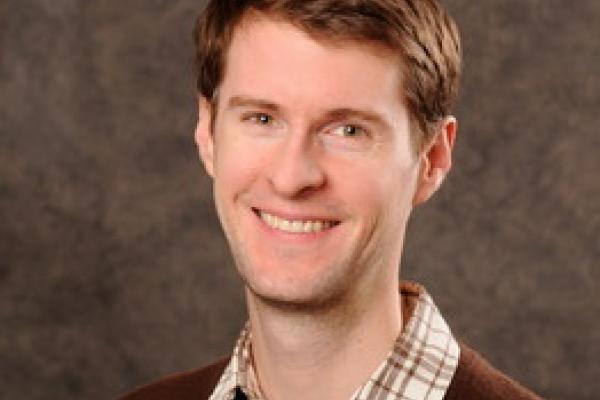
Structural Stigma and Health Inequalities
Psychological research has made significant advancements in the study of stigma but has tended to focus almost exclusively on individual and interpersonal stigma processes. To address this knowledge gap, researchers have expanded the stigma construct to consider how broader macrosocial forms of stigma--what we call structural stigma--also disadvantage stigmatized individuals. In this talk, I will define the construct of structural stigma and describe how it differs from stigma at the individual and interpersonal levels. I will then review cross-sectional, longitudinal, quasi-experimental, and laboratory studies from my research group that document the health consequences to exposure to structural stigmas for members of stigmatized groups, with a particular focus on lesbian, gay, and bisexual (LGB) populations. These studies demonstrate that structural stigma has robust health consequences, ranging from dysregulated physiological responses in the laboratory to premature mortality at the popluation level. I will end the talk with a discussion of future directions and structural stigma reaseacrh, as well as implications of the work for reducing health inequalities.
Dr. Hatzenbuehler is Associate Professor and Co Director, Center for the Study of Social Inequalities and Health at Columbia University
